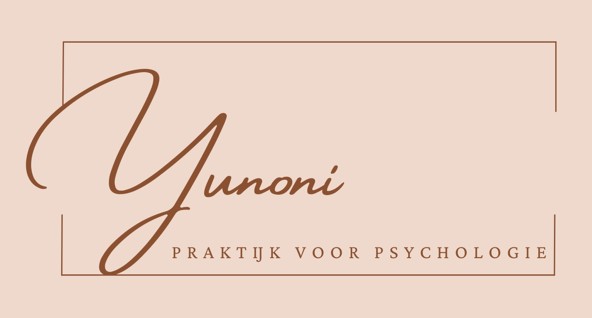Divorce counseling (with children) – Respectfully wrap up and reconnect as parents
Sometimes moving on together is no longer possible. Yet breaking up does not have to mean that everything breaks down. Divorce is a profound process that involves loss, confusion and often sadness or anger. Especially when children are involved, this transition requires not only the unraveling of a partner relationship, but also regaining a workable and respectful partnership as parents.
In divorce counseling, I offer guidance to (former) partners to carefully seal their relationship. We create space to reflect on the pain, breakup and mourning that often accompany a divorce. At the same time, we look ahead: how can you continue to work together as parents for the sake of the children? How do you prevent unspoken tensions or old hurts from continuing to disrupt communication?
Methodology
As a certified SCHIP practitioner, I work with the SCHIP approach as a compass in these pathways.
A significant proportion of divorces escalate into a fighting divorce. This is rarely a conscious choice of the partners themselves. Children often get caught up in the fight, and even professionals sometimes no longer know how to help. The focus is then mainly on the conflict, while the underlying loss aspects of the divorce are barely considered.
Divorce generates grief. Yet this mourning is usually experienced individually, and not infrequently ignores what both partners have actually lost. It is precisely this missed joint processing that makes it more difficult for parents to find a new form of cooperation. Divorce counseling can help to acknowledge those deeper layers.
The SCHIP approach offers a different perspective for this. It is a post-relational grief process that you go through together. Not as partners in the relationship, but as partners in parenthood. Because even if the love relationship ends, the connection as parents remains – and deserves careful attention.
The SCHIP approach
SCHIP is the acronym for:
- Meeting
- Conflict and Loss Clarification
- Helpful Hearing
- Integration
- Partners in Parenting.
The course aims to reconnect ex-partners as equal parents. Although the partner relationship ends, parenthood remains. And that requires a new form of connection – one that does justice to the new situation and protects children from tensions or loyalty conflicts.
A common misconception is that ex-partners must let go of each other completely. But when you have children together, you continue to cross each other’s paths – at graduations, birthdays and difficult moments. Divorce counseling helps to consciously and constructively shape this continuing connection.
The SCHIP approach offers structure, safety and space for emotions. It requires effort from both parents, but if it succeeds, peace is created – for you and for your children, who no longer have to choose between mom or dad.
From loss to connection
The power of this approach is that ex-partners do not grieve alone, but go through this process together under supervision. That makes it different from many other forms of couples therapy or mediation: it offers space for emotional processing and at the same time works on creating a new basis for cooperation. In a carefully constructed structure, you go through the five phases of the SCHIP approach.
The premise is that a parent relationship does not end in divorce. Once you began with a shared dream. Even as you separate as partners, you remain connected in your children’s lives – at highs and lows. This is precisely why it is so important to redesign an equal partnership as parents: partners in parenthood. A connection that does justice to the newly created situation. Not only for your own well-being, but above all to relieve the children of tensions or loyalty conflicts they should not be in the middle of.
Why divorce counseling with Yunoni?
Breaking up together respectfully – caring for the future
Do you want to say goodbye as partners in a careful way, while laying a solid foundation for the future as parents? Feel free to contact us for an informal introductory conversation.
I am happy to help you part ways together – with attention to everyone’s story, and with an eye for what binds you together permanently: the children.


